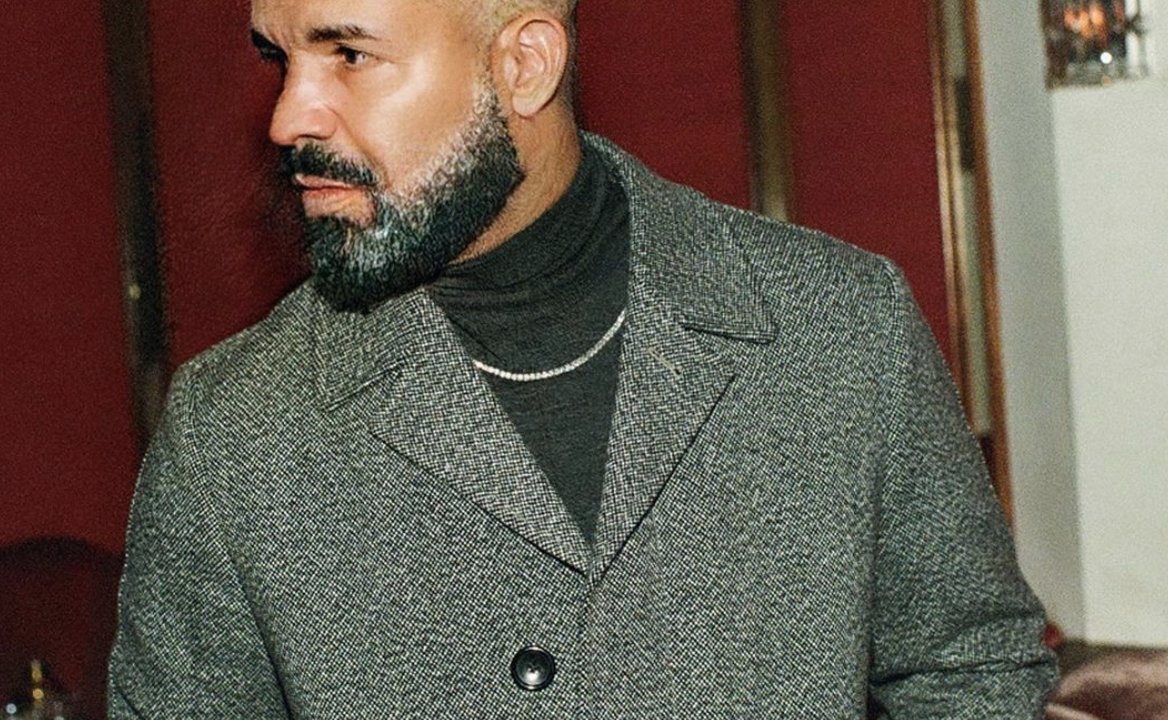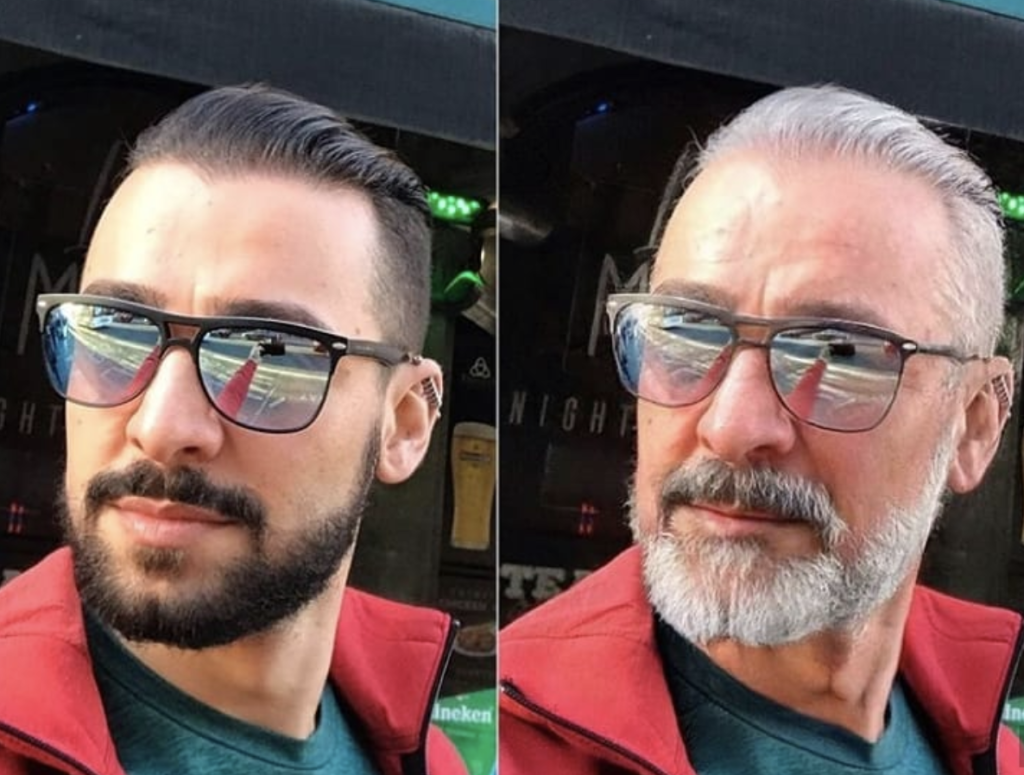Culture July 26, 2019
Just another f*cked up #selfie.


It’s clear that technology, especially the mobile phone, is a distraction to most individuals and to society as a whole. With the rise of smartphone use comes smart technology such as artificial intelligence (AI) and machine learning. These developments are great for data analytics, robotics, marketing, business, consumer studies and more uses that better the world. They are also used to make pointless face filters…
As entertaining as they are, face filters are a reflection of the narcissism and selfishness plaguing the modern world. Snapchat is the true pioneer for viral face filters on a mobile device. Users went as far as paying to create or access certain filters. So, what is the meaning behind all of this?

This is a physical representation of the egotistical needs of people to share their entire life…well, not their entire life. Users, no matter their background, feel the need to put a filter on everything. In order for a picture to be considered “real” these days, #nofilter is almost a bragging right.
A new internet challenge, known as the #FaceAppChallenge, has emerged. Over 89,000 participants on Instagram have download the FaceApp, which uses artificial intelligence to alter selfies. Some filters include getting older, younger, “prettier,” with colored hair, with a new smile, and more. Despite Snapchat having created countless filters, (animal filters to face-swapping filters, sponsored filters and a filter that does the exact same thing as FaceApp’s aging feature), it still went totally viral.
According to Forbes, FaceApp has amassed over 80 million active users since it first went viral in 2017. It has since improved its technology to predict appearance after a few decades of aging with shocking detail. Once again, what is the meaning of all of this?


FaceApp, a Russian-based company, has been accused of collecting users private data.This trend and app shines light on a deeper issue. Why are we 1.) obsessed with ourselves and 2.) obsessed with changing our appearance?
It’s clear that phones and technology alone are distracting and prevent people from in the present. But the #FaceAppChallenge is a literal, physical manifestation of millions not living in the moment. It becomes a fixation on a prediction of what they could look like in 20-40 years. (And if they’ll look good). Not only did this go viral online, but countless celebrities have participated and shared their #FaceAppChallenge photos as well.
Acts like these seem to be lighthearted but are actually affirmations and encouragements to alter our image, especially to the younger generations. Apps like these are generally created for kids. Constant interaction with apps can create dependence on filters to be satisfied with self-image. Sad.
Emily Arata, a journalist for Elite Daily, claims “[r]esearchers have found connections between Photoshop manipulation and self-esteem, eating disorders and self-hatred.”
FaceApp was under fire in 2017 when it’s first emerging app was for whitening skin complexion. Sadly, the filter was claimed to make you more attractive. The #FaceAppChallenge illustrates the failure of being in the moment. Rihanna called out Snapchat in 2016 for making her completion “white” and her nose smaller.


It is clear that #FaceAppChallenge is a new form of distraction. It’s an example of society failing to be present and is another addition to the collection of trends that promote a selfish-egocentric culture. More and more these nonsense “challenges” are replacing beneficial ones such as the #ALSIceBucketChallenge. In fact, I searched Instagram to find out how many posts were under the #CheckYourSelfie breast cancer challenge to find a mere 5,000 corresponding posts (as opposed to the 89,000 posts FaceApp has instigated). There are countless movements that snuff out valuable ones like this, and it’s a waste of content and brain space.
The virtual and tangible world must realize that there are better uses for our creations. As a society, we need to be aware of younger generations getting hooked on face filters how it’s harming their health. The time, energy, and money used in FaceApp can alternatively fill the world with love, purpose, and life-saving technology rather than just another warped selfie.